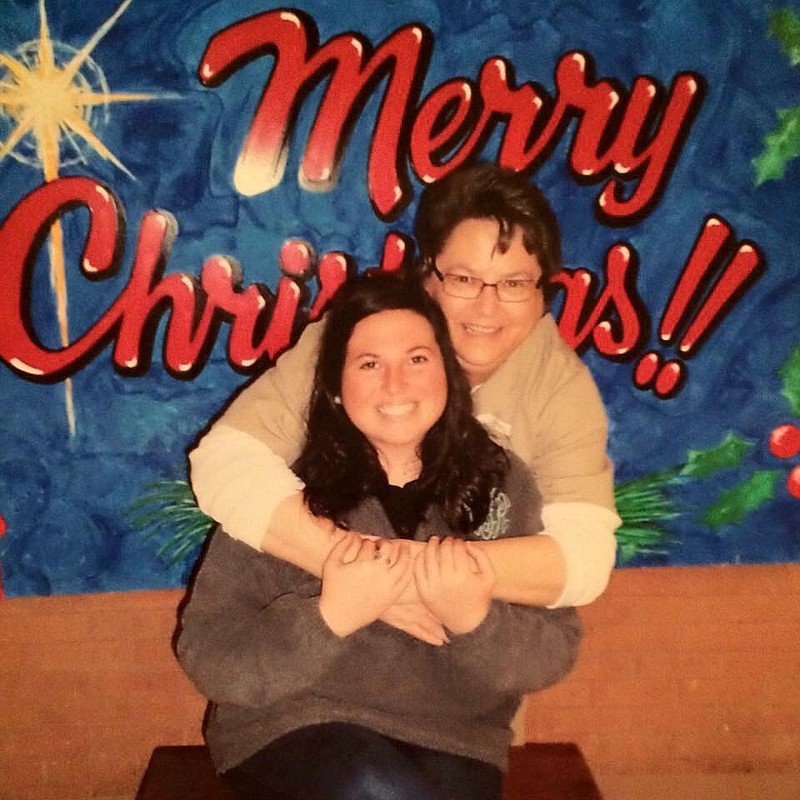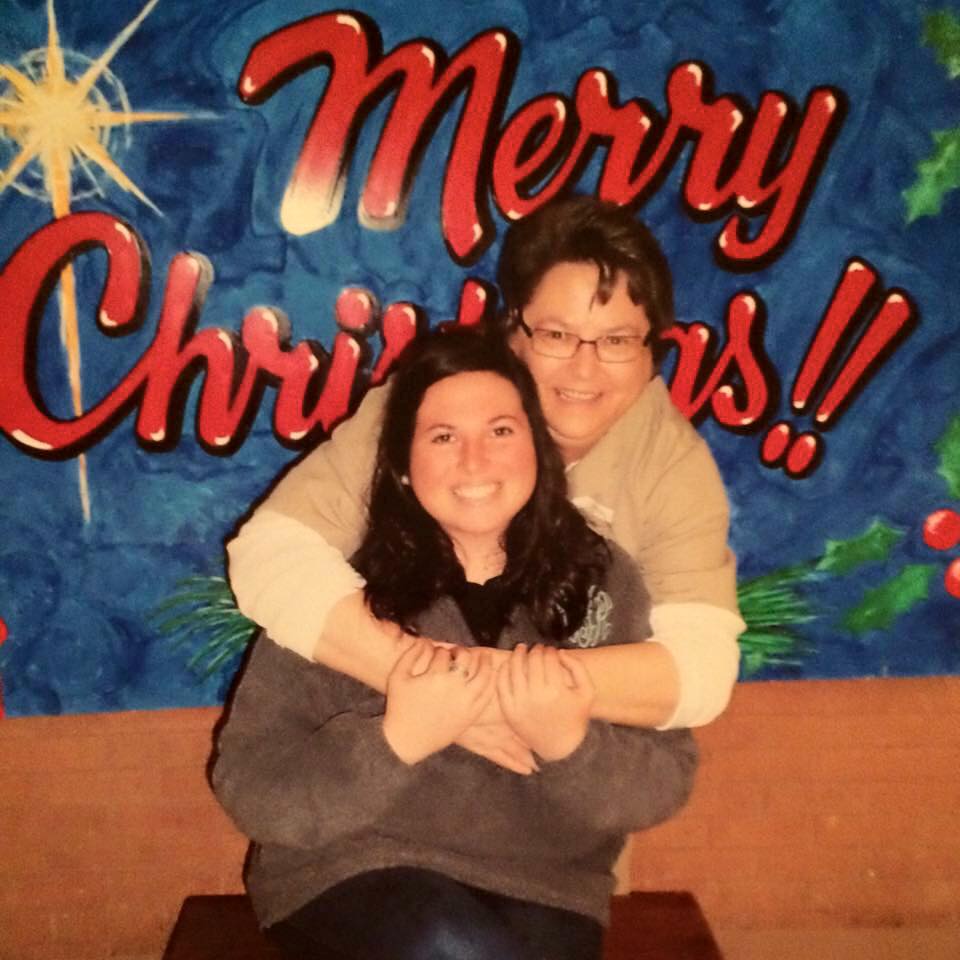View other columns by David Cook
One year ago this week, the state of Georgia executed Kelly Gissendaner.
No.
That's not quite true.
One year ago this week, prison officials working for the state of Georgia - backed with the blessing of prison chaplains, wardens, politicians and parole board members - executed Kelly Gissendaner.
The state of Georgia is neither faceless nor nameless. It is made up of men and women who make decisions, and on Sept. 30, 2015, they decided to kill Kelly Gissendaner.
They said it was justice.
For Kayla Gissendaner, Kelly's daughter, it's been hell.
"When someone is executed, it leaves those of us who loved them behind to try and pick up the pieces of our lives," Kayla said. "I will always be working on picking up those pieces."
Some days, she still checks her mailbox, looking for one more letter - lined paper, handwritten in black ink, always signed "Kayla, I love you, Momma" - that will never come.
Some days, she hears certain songs she and her mom loved - Stevie Nicks or Beyoncé's "I Was Here" - and suddenly, she cannot stop crying.
Some days, she aches to tell her mom about her fiancé. Or the flowers they chose for their wedding. Or her Criminal Justice degree, and how she'll use it to help families of inmates.
"You're not your worst mistake," Kayla said. "Making a terrible, devastating mistake doesn't mean that you're not deserving of love."
In 1998, Kelly Gissendaner was sentenced to death row for plotting the death of her husband, Doug. Kayla remembers him as Best Dad Ever to her and her two brothers.
"In the winter, he would wake us one by one and get our clothes out of the dryer so that we could step into warm clothes," she said. "He was the kindest man with the biggest heart."
Entering death row a hardened, lost woman, Kelly, at some point, found God.
And never let go.
She signed up for a theology class offered from Emory University. Then, signed up for 12 more, and earned her degree. She befriended pastors, guards, cops, students touring the prison. Wrote long letters to overseas theologians. Begged forgiveness from her children. Counseled violent inmates, whispering to them the very thing God whispered to her - your life matters, God loves you, have hope.
At Kelly's plea for mercy before the parole board, her attorneys presented testimony after testimony.
"Without her light shining, this world would be a bleak place," one inmate said.
"Kelly Gissendaner is a peacemaker and has many times made the job safer for me and my staff," one guard said. "Please commute [her] sentence from death to life in prison."
Two days before the execution, Kayla, along with Kelly's pastor and other friends and family, went to death row to say goodbye. As guards stood watch, they went through their own last rites: weeping, telling stories, laughing, weeping again.
When it was time to go, Kelly turned to her pastor: would you serve us communion?
All the food and drink were gone. So the pastor improvised. She served bread and wine that were invisible. Imaginary.
"We pretended to take the bread," Kayla said. "We pretended to take the grape juice."
There on death row, God came alive, but only to those who had eyes to see.
"Remember," Kelly told Kayla after the invisible communion, "that love will always beat out hate."
Across the world, people petitioned the board for mercy; even Pope Francis spoke out. With impossible hardness, the Board of Pardons and Paroles refused to yield. During a last-minute hearing, they allowed Kayla's older brother to speak, but not Kayla or her younger brother.
"They told us that since they had already heard from us (in past hearings), then basically there wasn't a point to us being in the room," Kayla said. "We were asked to leave the room."
Not long after midnight on Sept. 30, prison guards escorted Kelly Gissendaner into the execution chambers, strapped her down, and injected her with poison until she died.
Her last words?
She sang "Amazing Grace."
Sitting in an I-75 truck stop booth, Kayla heard the news.
She began to wail.
"I knew then that I wouldn't be able to hear her voice again," she said.
The death penalty remains legal in 30 states. Currently, 64 prisoners sit on Tennessee's death row. Earlier this summer in Georgia, another man was executed. While the number of executions slow across the U.S., this execution marked the sixth in Georgia of the year, the most in the state since 1976.
Yet, at some point in the future, men and women in Georgia and Tennessee - politicians, preachers, citizens - will finally decide the death penalty is no longer moral. No longer democratic. No longer just.
And they will decide to outlaw it.
Why?
Because love and mercy are always stronger than revenge.
"There is no one in this world beyond redemption," Kayla said. "No matter what sentence you receive."
Like invisible communion on death row, we must have eyes to see that.
David Cook writes a Sunday column and can be reached at dcook@timesfreepress.com or 423-757-6329. Follow him on Facebook at DavidCookTFP.


